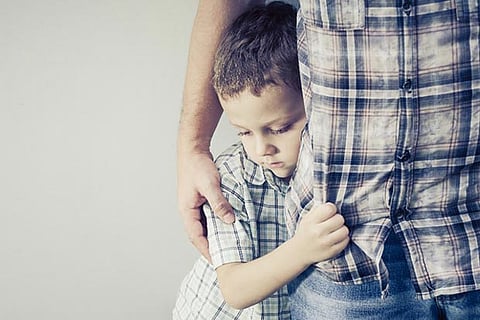

Chennai
Limiting media exposure is key
If possible, children younger than five do not need to be told about what happened or exposed to any of the media coverage. Keeping to routine is the best way to reassure children about the safety of their immediate world. Children aged six to 11 need just basic facts and minimal exposure to media coverage. Studies have found that children who had repeated and prolonged exposure to media images had more difficulty with anxiety than kids with less exposure. In a statement after the 2015 Paris attacks, the American Academy of Pediatrics urged parents to be careful with images that children see.
“As pediatricians, we know that violence can have lasting effects on children even if they are only learning about it through the media,” the statement said. The organisation offered more resources for parents on how to talk to children about mass tragedies.
How to reassure your child
Reassurance is one of the most important things parents can provide children during a time of tragedy, when they fear it could happen to them, said Dr Glenn Saxe, chairman of the department of child and adolescent psychiatry at NYU’s Langone Medical Center. “The first kind of thought and feeling is, ‘Am I safe? Are people close to me safe? Will something happen? Will people I depend on protect me?’” said Saxe, who is also director of the NYU Child Study Center. “You want to be assuring to your child, you want to communicate that you’re ... doing everything you can do to keep them safe,” Saxe said.
“You also want to not give false assurances, too. And this is also depending on the age of the child. You have to be real about it as well.” It helps, too, for parents to acknowledge their own fears about how to keep children safe, even amid unpredictable violence. It might seem counterintuitive, but acknowledging uncertainty can help parents connect with their children, and lead to a stronger sense of safety and security.
Visit news.dtnext.in to explore our interactive epaper!
Download the DT Next app for more exciting features!
Click here for iOS
Click here for Android